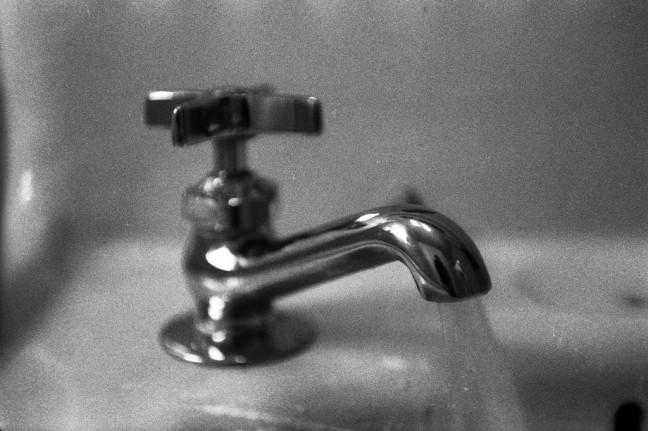Madison’s water usage dropped by more than one billion gallons since 2012, pumping 9.2 billion gallons to homes and businesses in the city in 2018, Madison Water Utility reported.
The amount of water pumped last year was two hundred million gallons less than 2017, allowing Madison to hit the water conservation and sustainability goal set by the city in 2006.
Amy Barrilleaux, public information officer for MWU, said Madison’s toilet rebate program has also helped the city reach its sustainability goal.
“[The program] has saved almost a billion gallons of water so far, and it helped get a lot of those high water use out of peoples’ homes,” Barrilleaux said. “There are some toilets out there that use five to eight gallons with every flush.”
‘Displaced Horizons’ presents water scarcity through multimedia project
Barrilleaux explained the toilet rebate program, in which Madison residents get a $100 rebate for replacing their toilet with a low-flow toilet, has been one of most successful programs reaching more than 12,000 residents.
Joe Demorett, supply manager of MWU pointed to more efficient appliances and plumbing fixtures, as well as a sharp decrease in the use of industrial water as a reason for the decrease. Along with these updated appliances and fixtures, Barrilleaux and Demorett attributed the decrease to climate as well.
“We’ve had a lot of rain,” Barrilleaux said. “In the summers — especially this last one — it rained every few days which really limits the amount of outdoor watering that people do.”
With companies like Oscar Mayer and Bimbo Bakeries closing their doors, industrial water usage has dropped 73 percent in the past seven years, the city said. Residential water was reported to account for 35 percent of the water usage in Madison — even as the city continues to grow and add more customers, water usage per person is expected to stay down.
Professor of engineering practice Ned Paschke said decreases are being seen — especially per person — but noted Madison is still using a lot of water.
“The population is still growing,” Paschke said. “Therefore, you’d want to look at how many more people are living in the city and then multiply that by how much water they’re using per day.”
Higher efficiency fixtures and appliances that have been developed over the last decade decrease water use per person a lot, Paschke said. Increasing prices of water might also be a factor in the decrease, he said.
Paschke said the trend of water usage decreasing is being seen nationwide, however it tends to vary in each city depending on its level of industry or if usage remains mostly residential.
“It depends on which metric one is using,” Paschke said. “It’s helpful to know if the decrease is measured by gallons per resident or gallons per resident plus institutional water usage. Institutional water usage including residential use could be a number double that of resident use alone.”
Wisconsin universities aim to help environment through variety of projects
Barrilleaux said more measures have been implemented with the intention of conserving water as well. MWU replaced the biannual metering and billing system to be more accessible to the public and encourage residents to be more environmentally conscious.
Barrilleaux said people can also use the website to set up a limitation to their water use by requesting MWU send an email notification when they’ve used a certain amount of water. She said this initiative has increased people’s awareness of their water use with better visibility as to how their water is used.
“We invested in a new metering system,” Barrilleaux said. “So people can see their metering online either hourly, daily or monthly … This is a huge change — it’s hard to overstate the impact of being able to see how much money you spend and how much water you use doing everyday tasks.”
UW energy seminar highlights need for multifaceted approach to climate goals
Barrilleaux said MWU’s conservation initiatives — specifically rebate programs — must be approved by Madison’s public service commission and therefore, before making any concrete decisions, MWU plans to go into the city’s neighborhoods and survey residents on what they would like to see in future programs. For example, she said, appliance rebates for washing machines or dishwashers could come up or sprinkler rebates.
Madison Water Utility plans to approach the public service commission in one to two years with another conservation initiative for the city, Barrilleaux said.












